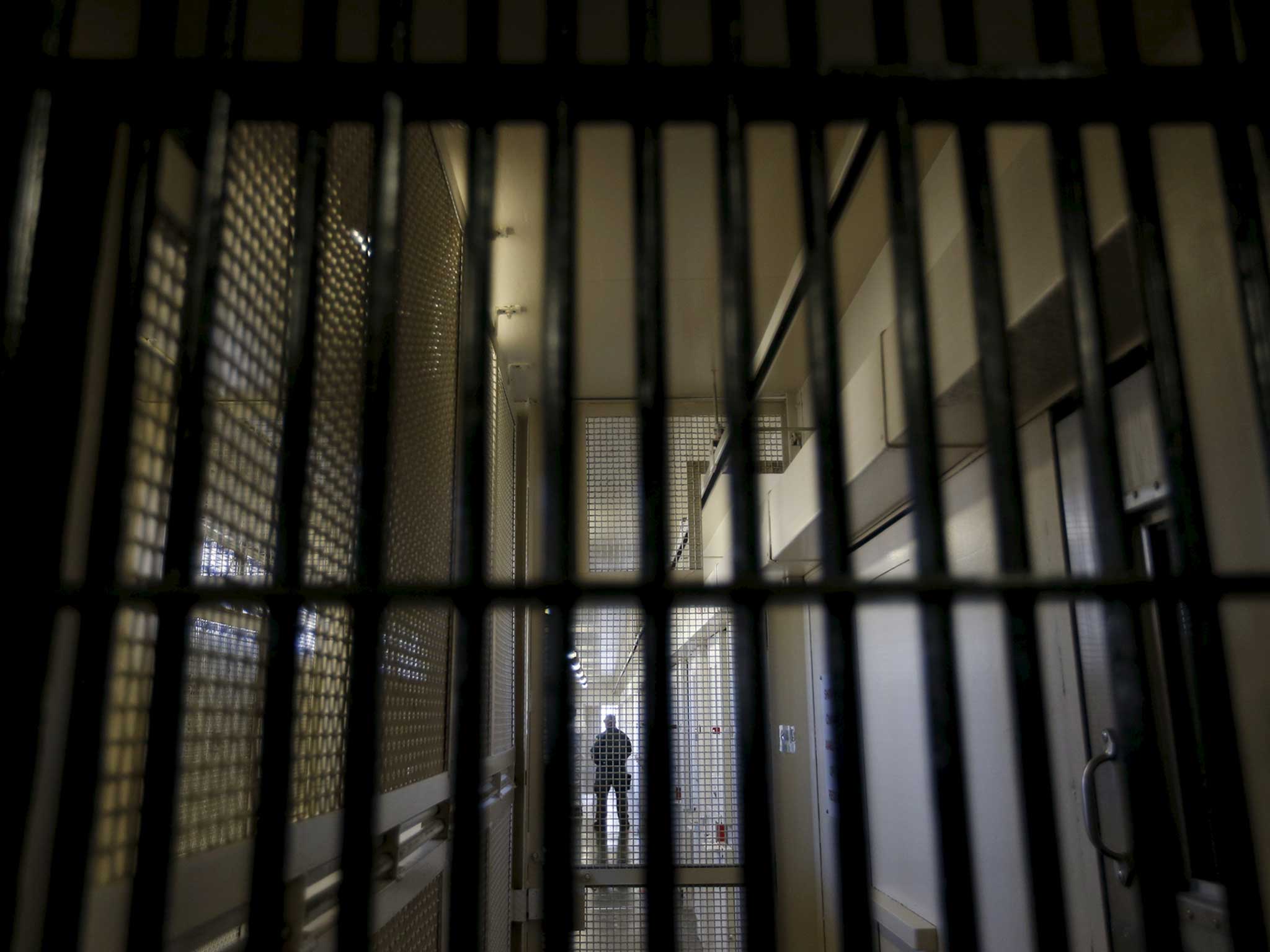Argentinian woman convicted of murder over miscarriage
Amnesty International have called the conviction 'absurd'

Human rights activists have condemned the decision to convict a woman who had a miscarriage of murder. The Argentinian woman, who has not been named and is known by the pseudonym of ‘Belén’, has been sentenced to eight years in prison under the country’s laws on abortion.
Amnesty International have called the prosecution “absurd” and allege it was conducted on the basis of false evidence. The woman was admitted to hospital with stomach pains in March 2014. She was 20 weeks pregnant and suffered a miscarriage. She says that shortly after, medical staff approached her and accused her of self-inducing the miscarriage contrary to Argentina’s strict anti-abortion laws.
She says the staff had found a foetus in the hospital toilets which they claimed was hers. Police allegedly did not conduct DNA tests on the foetus to establish parentage and medical examinations suggested that foetus was 32 weeks, rather than the 20 week old foetus the woman had lost, and would have been the child of a 35 year old woman while Belén was 25.
After being held in prison for two years, she was convicted last month of ‘aggravated homicide’; the premeditated killing of a close relative.
Belén’s lawyer, Soledad Deza, said: “My client has always been linked in people’s minds with the so-called ‘found foetus’. Despite the fact that according to the evidence the foetus was found before she entered the hospital and despite considerable confusion in the files over whether there were one, two or several foetuses, whether it was a male or female foetus, whether it was the foetus of a 35-year-old woman [Belen was 25 when she went to the hospital] or whether it belonged to someone else.
“This supposed link, first turned into a suspicion by medical staff, then into an accusation by police, then into a supposed forensic link after the fact, then it became a matter of record and finally a legal case, and ALL without a shred of evidence.”
Amnesty International Americas researcher Fernada Doz Costa said: “It is an almost absurd example of how criminal law is applied selectively, imprisoning the poor who are considered guilty even when there is no evidence. And if they are women it's even worse.
“Belén epitomizes the violence with which patriarchy is imposed by our states, even to the point of putting women in prison because, they suspect, they have not fulfilled the duties expected of a ‘good woman’.”
Join our commenting forum
Join thought-provoking conversations, follow other Independent readers and see their replies
Comments
Bookmark popover
Removed from bookmarks